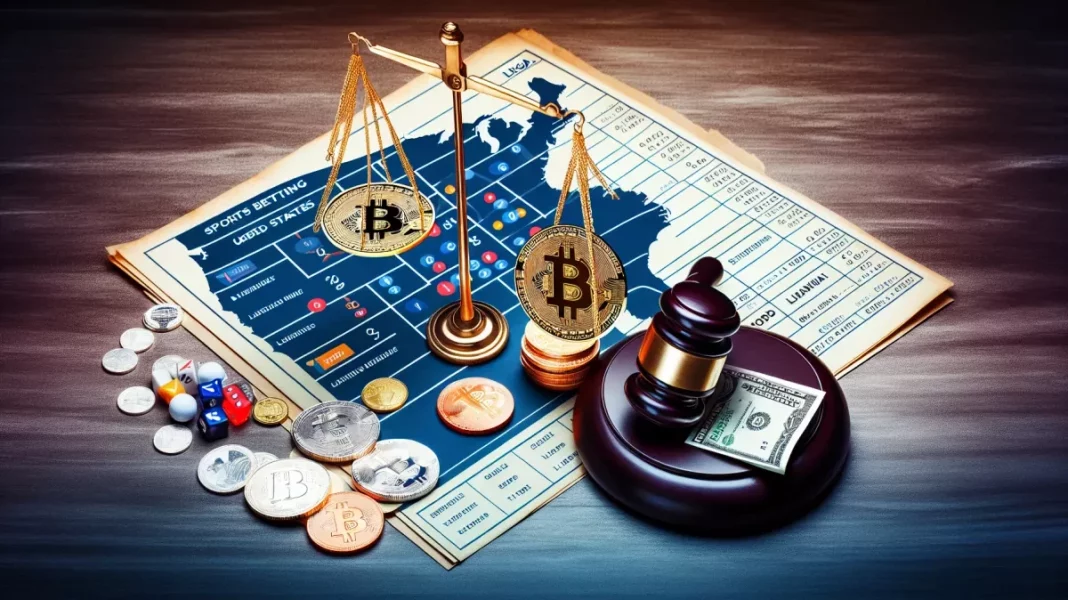The rapid evolution of digitization has pronouncedly impacted various sectors, from commerce to hospitality, transportation to healthcare, and now gambling. Amid the mainstream sectors, the gambling industry – notoriously known for its rigid adherence to traditions – is now embracing the transformative tides of digitalization, particularly tokenization. This transformative push towards new forms of digital assets is creating an exciting dynamic in the sector, spurring numerous opportunities for both players and the industry at large. This passage explores the intriguing concept of tokenization, its intersection with gambling, and the formidable potential it offers.
Just a few years ago, the idea of digital currencies, much less tokenizing assets and operations in a real economic sector, would have been dismissed as futuristic and far-fetched. However, the relentless advancements in blockchain technology have resulted in a seismic shift towards tokenization, amalgamating the promise of decentralization with the security of cryptography. More surprisingly, these tectonic shifts have found a warm welcome in the recently implacable gambling industry.
Tokenization can be simply defined as the process of converting rights to an asset into a digital token on a blockchain. These tokens essentially act as virtual ‘chips’ that represent the value accrued with particular assets, ranging from tangible properties, stocks, bonds to other intangible forms of assets. Blockchain’s inherent characteristics – transparency, security, and immutability – add an extra layer of assurance and trust to these transactions.
In the context of gambling, tokenization presents a thrilling prospect. Punters can now enjoy their favorite slots or card games not just with traditional currencies, but also with digital tokens specifically created for the gambling platform. This is a compelling deviation from the norm, presenting players with an extra option – the path of supposed anonymity, fast-paced transactions, and exciting crypto wins, not tethered to the traditional banking systems.
Several gambling platforms are already making the big leap, further underlining the potential of tokenization. FunFair is one such pioneer, developing a platform that uses a proprietary token, FUN, acting as both the gaming and reward currency. Users can wager in FUN tokens and, if successful, earn more tokens that can be exchanged for other cryptocurrencies or fiat currencies.
However, it is not just the versatility of these digital tokens that holds the appeal. Introducing digital tokens in gambling brings in the concept of provably fair gaming, a concept that was previously elusive. Provably fair gaming utilizes algorithms and cryptography to ensure that the outcome of every game is fair and random. Players can use this function to verify whether their result was tampered with, making online gaming transparent and enhancing trust in the ecosystem.
Another significant advantage of tokenization in gambling lies in the capacity for global access and inclusivity. Cryptocurrencies and digital tokens are, by nature, not subjected to geopolitical boundaries, offering unobstructed access to international users. This aspect not only widens the user base for online casinos but also provides an easy platform for users from regions with limiting online betting regulations and banking restrictions.
To be sure, the push towards tokenization and the use of digital assets in the gambling industry does not come without challenges. Regulatory ambiguities and security concerns linger. Nevertheless, the transformative potential that tokenization brings to the table cannot be ignored: it is a gamble worth taking.
Evidently, tokenization is not merely a buzzword in today’s gambling industry. It is a transformative advent that is gradually creating new dimensions in online gambling. Tech-savvy punters are already profiting from this new wave, and it only seems logical that more platforms will jump onto the bandwagon. Indeed, if the global gambling sector continues embracing the path towards digital assets and tokenization, it won’t be long before we dub the traditional, rigid gambling landscape a relic of the past.
Tokenization has ushered in a new era in the gambling industry, integrating blockchain’s best attributes into a sector long known for its conservative approach. This seamless union between technology and tradition showcases how industries can evolve to encompass the future, setting the stage for an exhilarating chapter in the history of gambling.
Now, let us sit back and watch as this thrilling gamble unfolds.
Sources:
1. “What is tokenisation?” World Economic Forum, https://www.weforum.org/agenda/2021/03/what-is-tokenisation-explained/
2. “FunFair Technologies.” FunFair, https://funfair.io/
3. “Provably Fair gaming.” Bitcoin Wiki, https://en.bitcoin.it/wiki/Provably_Fair_algorithm.
4. “Tokenisation: The future of gambling?” SiGMA, https://sigma.world/en/news/tokenization-the-future-of-gambling/



